Art to celebrate the courage of human rights defenders
In the 12th arrondissement of Paris, a wall is now dedicated to the defense of human rights. The fresco, created by Marseille street artist Mahn Kloix, celebrates through six portraits the courage of human rights defenders who fight every day around the world for our fundamental rights.
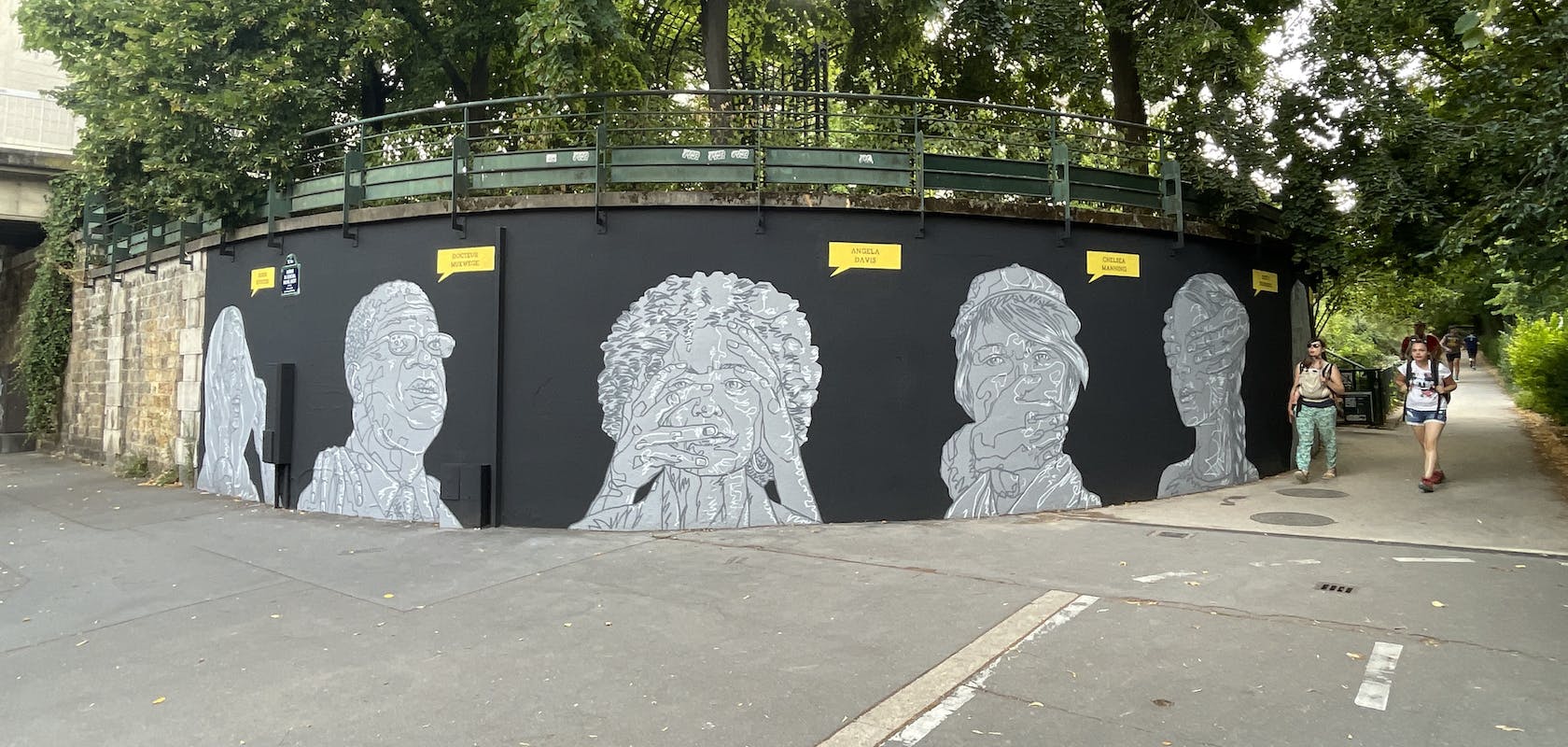
It is a long wall, 20 meters long and 5 meters high, on which six portraits burst out like screams. A few thin lines of white sharp on a dark wall and faces supported or constrained by friendly or hostile hands. One adjusts a veil on the head of lawyer Nasrin Sotoudeh. The other is placed on Doctor Mukwege’s shoulder. Still others hide their eyes, obstruct a mouth, support a face, a neck. Hands as signs of solidarity or oppression towards the courageous human rights defenders celebrated by this wall, the first dedicated to human rights in the capital. A symbolic space made available by Paris City Hall to celebrate freedoms, promote fundamental rights and fight against all discrimination.
Discover the stories of the six human rights defenders they have chosen to highlight :
Nasrin Sotoudeh, Iranian figure in the defense of human rights
A prominent lawyer, Nasrin Sotoudeh has become an emblematic figure in the defense of human rights in Iran. Known for her long-term fight against the death penalty, she has also distinguished herself in recent years for having defended women who defy discriminatory laws imposing the compulsory wearing of the veil in her country. Because of her human rights work, which has lasted for more than ten years, she has been persecuted by the Iranian authorities. In 2012, she received the Sakharov Prize from the European Parliament. In 2019, she was sentenced to 148 lashes and 38 years in prison. She is currently still detained in Evin prison in Tehran and continues to risk her life to defend the lives of others.
Doctor Mukwege, the man who repairs women
Nobel Peace Prize winner in 2018, Doctor Mukwege is internationally known as the man who “repairs” women. During the twenty years of conflict that shook the eastern Democratic Republic of Congo, thousands of women were raped. Faced with these atrocities, Dr. Mukwege leads an incessant fight. Her fight: operate on these women whose bodies have been mutilated and denounce the impunity enjoyed by the guilty. Through his care and compassion, thousands of victims of rape and other sexual violence have been able to overcome their physical injuries.
Despite an assassination attempt, death threats and attacks against his family, this exceptionally courageous doctor continues to campaign against sexual violence committed during conflicts. Although he travels all over the world to share his testimony, he now lives cloistered in his country, in the Bukavu hospital where he works, under the protection of the peacekeepers of the United Nations mission. But he is no longer alone in his struggle. Women, whose physical integrity he restored and helped to regain their dignity, are now fighting alongside him.
Chelsea Maning, US Army whistleblower
Chelsea Manning was a member of the United States Army. She was working as a military intelligence analyst when, witnessing human rights violations, she decided to leak thousands (700,000!) of confidential army documents that pointed to possible war crimes committed by the US military, particularly in Iraq and Afghanistan. For this courageous act, she was arrested in June 2010 and then placed in detention. In 2013, she was tried by a United States court martial and sentenced to 35 years in prison. After seven years in prison, the former WikiLeaks informant was finally released in May 2017, before being imprisoned again in March 2019. The reason: she refused to testify about Julian Assange before a grand jury. On March 11, 2020, two days before a hearing which was to rule on her refusal, she again attempted suicide in prison. A judge finally ordered his release the next day.
Malala Yousafzai, incredible courage in the face of the Taliban
Malala Yousafzai embodies the fight of millions of children and girls: that of the right to education. When she was only 11 years old, young Malala began writing a blog under the pseudonym “Gul Makai” for the BBC. She tells from her point of view as a little girl about daily life under the rule of the Taliban in Pakistan. In October 2012, the Taliban attacked his school bus and shot him in the head. This attack sparked a wave of international indignation. Seriously injured, she was transferred to the United Kingdom for treatment.
Malala is an example of incredible courage. In 2013, she received the highest distinction granted by Amnesty International, the Ambassador of Conscience award.
So here I am… one girl among others. I speak — not for me, but for all girls and boys. I raise my voice – not so that I can shout, but so that those who have no voice can be heard. Those who fought for their rights: Their right to live in peace. Their right to be treated with dignity. Their right to equal opportunities. Their right to education.
Malala Yousafzai, at the United Nations General Assembly, July 12, 2013
In 2014, at just 17 years old, she won the Nobel Peace Prize. She is the youngest winner in the history of this prize.
Malala is still a refugee in the United Kingdom today and continues her fight for the education of children around the world.
Greta Thunberg, Fridays for Future
In 2018, the world heard about Greta Thunberg for the first time. A Swedish teenager who decided to skip school every Friday to protest in front of the Swedish Parliament until it takes strong measures to fight climate change. Since then, his initiative, which aims to raise awareness of the climate crisis, has spread like wildfire across the world. With her, millions of young people around the world took part in the “Fridays for Future” school strike days. Protests took place in more than 100 countries, including Australia, Brazil, India, Nigeria, Pakistan, the United Kingdom, Germany, Japan, the Philippines and Uganda.
Acting according to your conscience means fighting for what you believe is right.
On several occasions, her activism led to her being arrested: in Germany during an anti-coal demonstration, in Norway during a demonstration with the indigenous Sami people for the demolition of wind turbines declared illegal because they encroached on reindeer pastures; etc. In 2019, the climate change activist received the 2019 Ambassador of Conscience Award, the most prestigious award given by Amnesty International to individuals who have demonstrated exceptional leadership and courage in defending human rights .
Angela Davis, icon of the feminist and anti-racist movements
Angela Davis was born on January 26, 1944, in Birmingham, Alabama, United States. Coming from an African-American family, she experienced racism and the system of racial segregation very early on. With her parents, she discovers the horror of slavery that marked her family. In the predominantly white neighborhood where her family settles, she discovers the horror of the Klu Klux Klan. Very early on, his political consciousness was formed. Very quickly, her destiny took shape: she would become a figure of feminism and anti-racism.
The battles of his life are multiple: against the prison system, police brutality, the death penalty and all forms of oppression. Icon of Black Power, she became a Marxist activist in post-Cold War anti-communist America, but also a symbol of the fight for the release of political prisoners. As a result of her activities, Angela finds herself on the FBI’s wanted list. In the 1970s, when she was arrested and thrown in prison, public opinion sided with her and a “Free Angela Davis” support committee was created. Many personalities showed their support: from the Rolling Stones, who dedicated the song Sweet Black Angel to him, to John Lennon and Yoko Ono who sang Angela. Around the world, protests are taking place to demand his release. She was finally released in 1972, free of all charges.
Throughout her life, Angela Davis also fought for the rights of women, particularly black women. For her, feminism is intrinsically linked to racism, and some people find themselves at the crossroads of oppressions. Black women must therefore fight simultaneously against sexism and racism. This is what we call the intersectionality of struggles.
Even today, at a time when America continues to face police violence and Black Lives Matter, it continues to fight for minorities and against all forms of oppression.

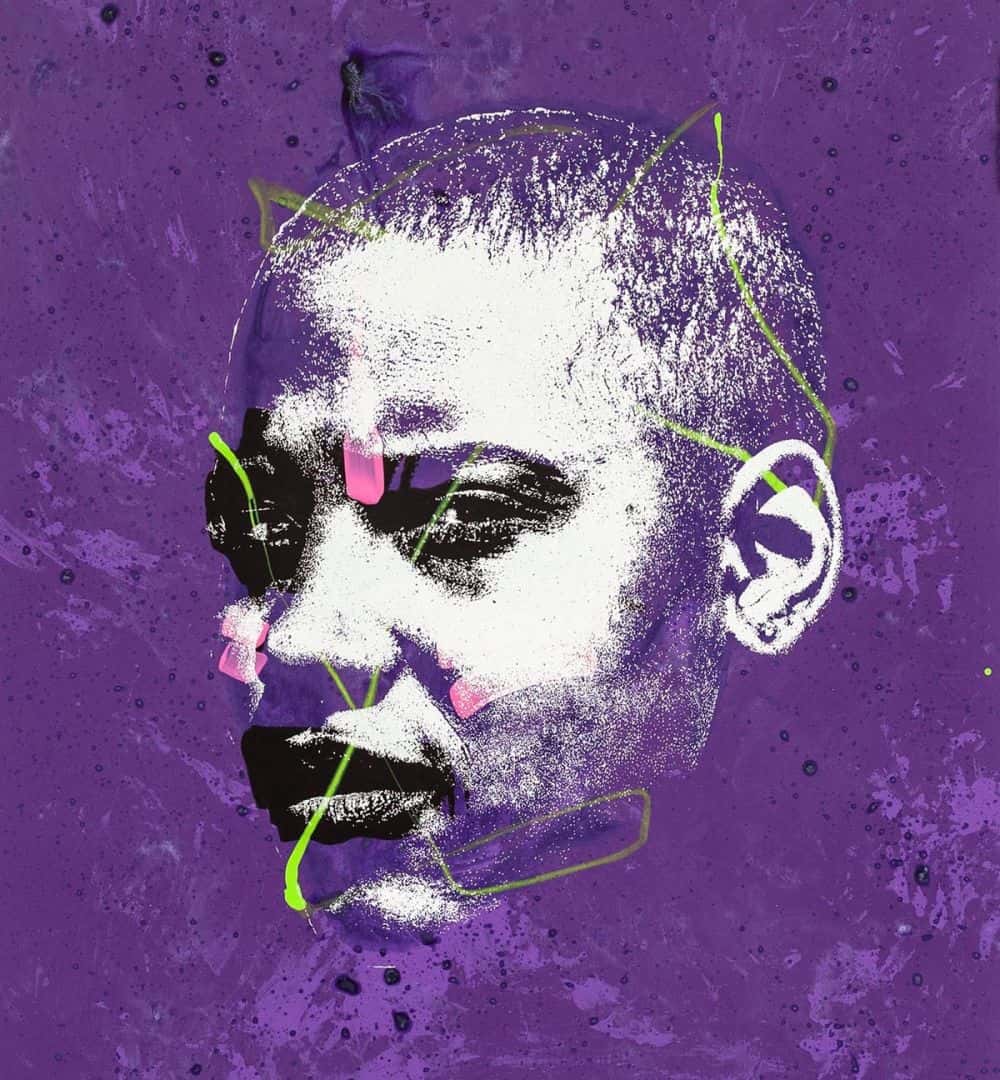
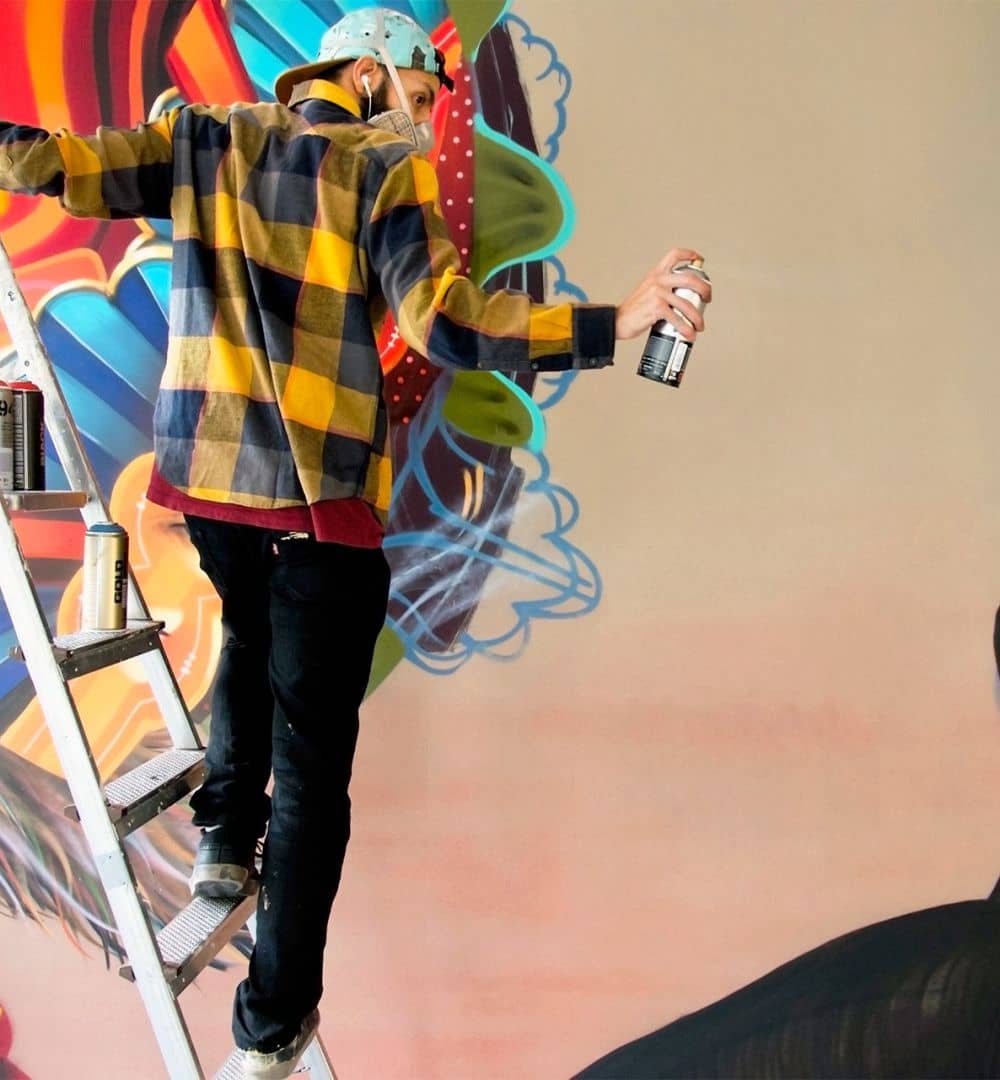
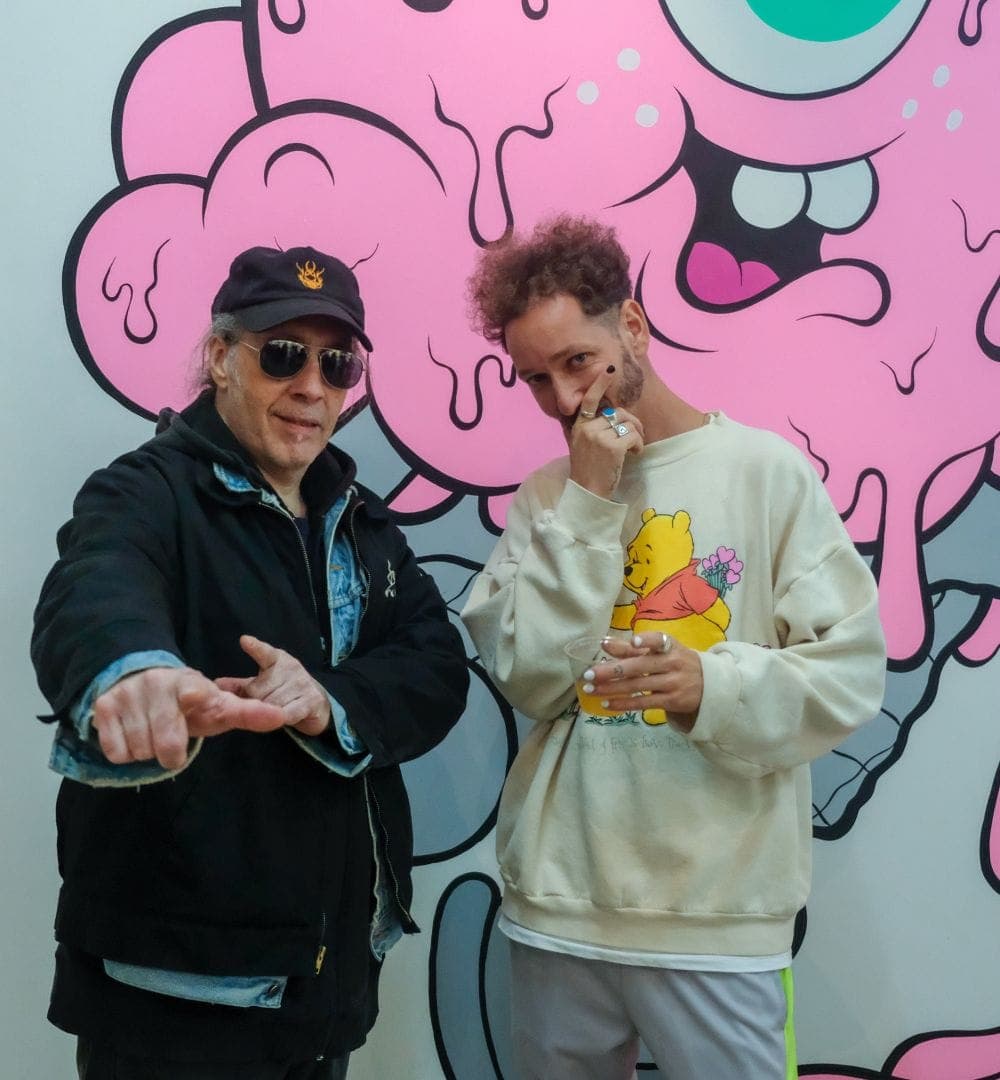
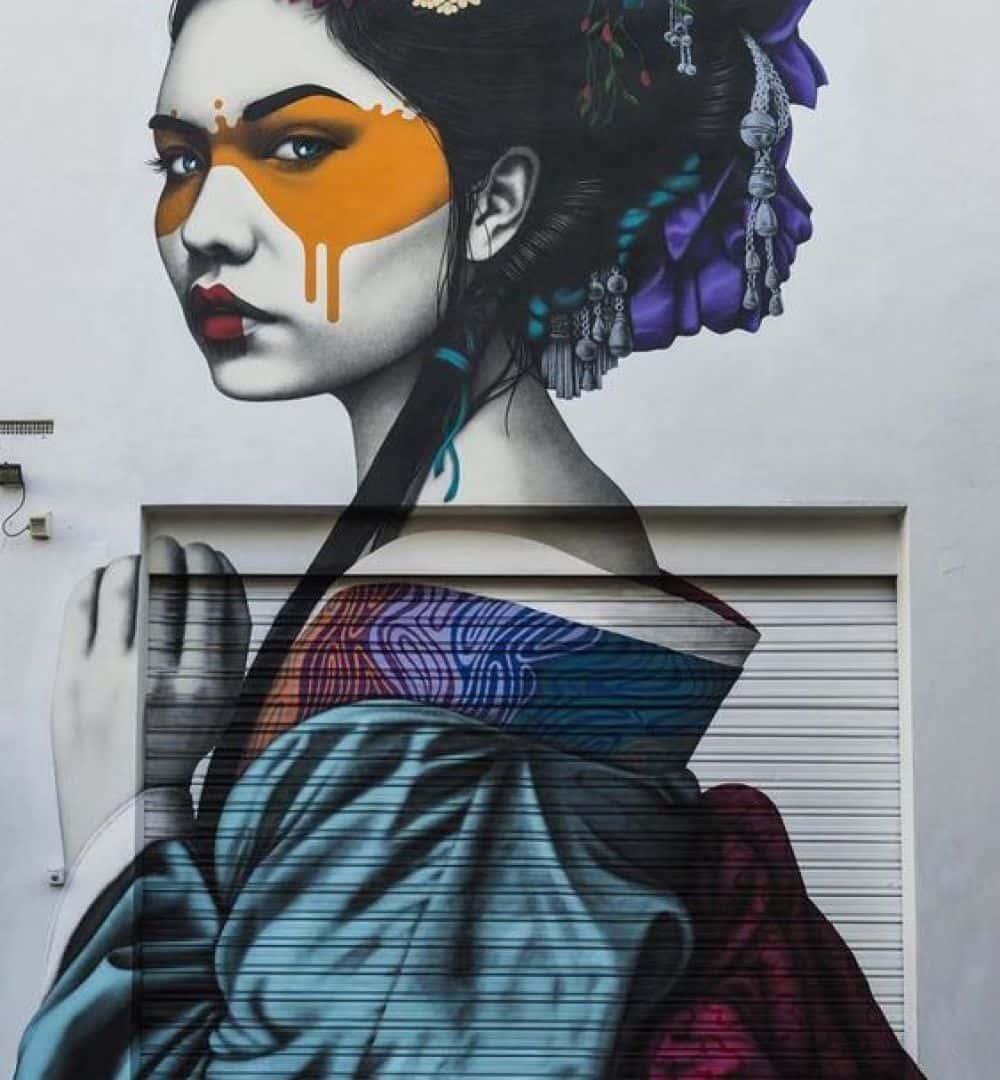


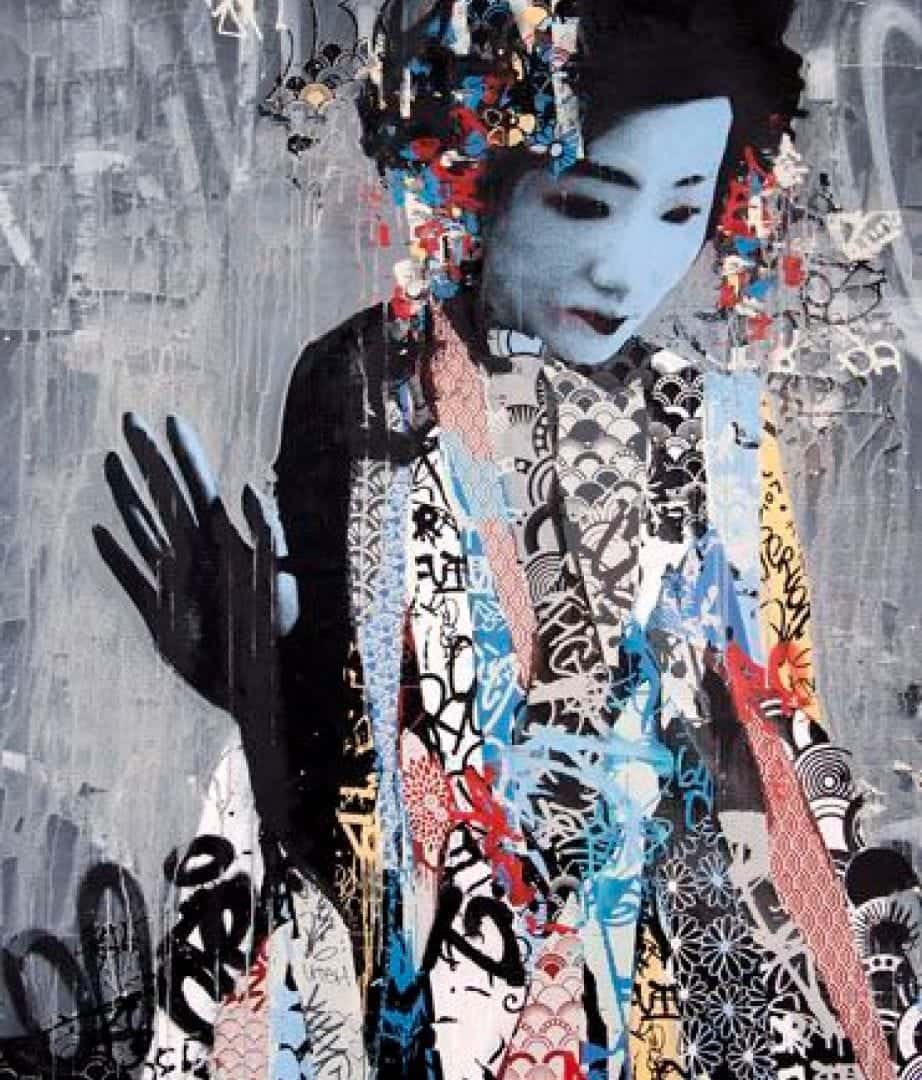
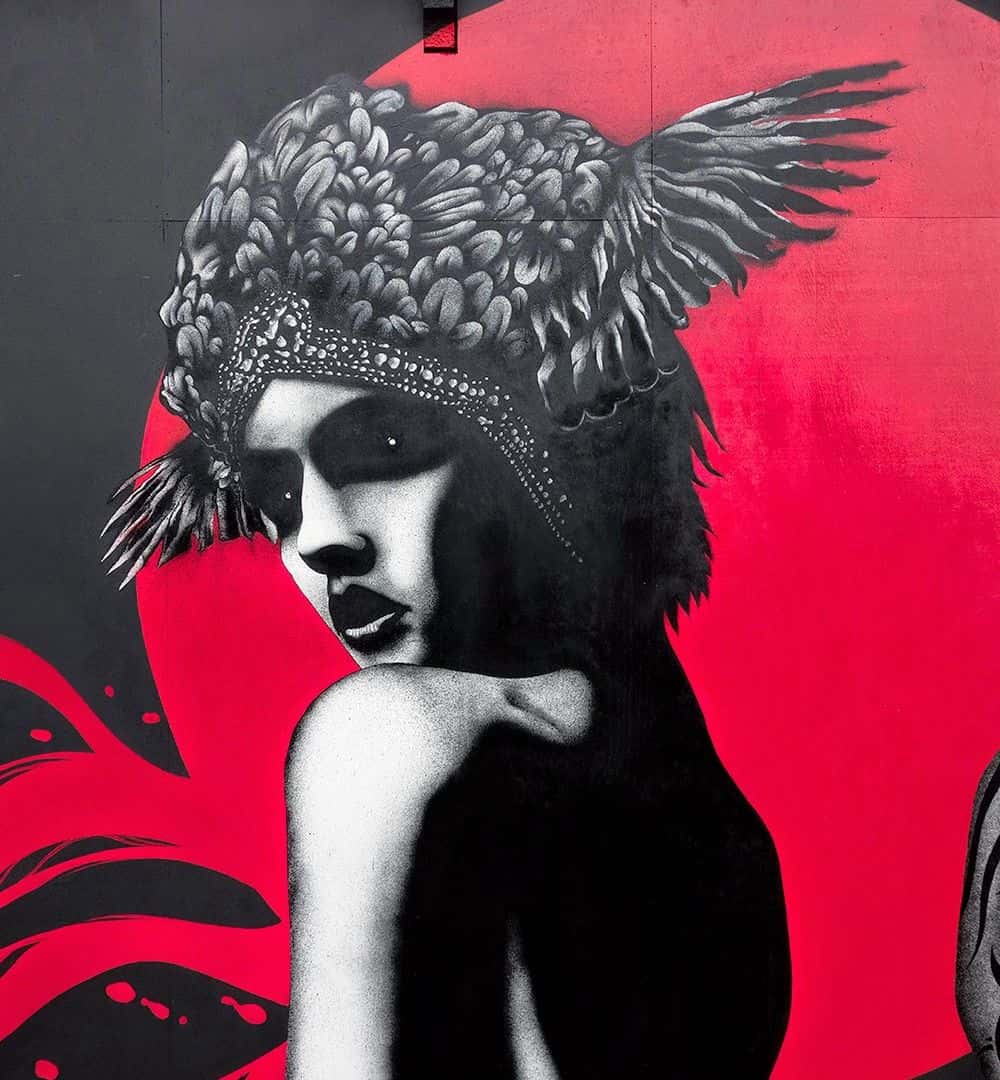
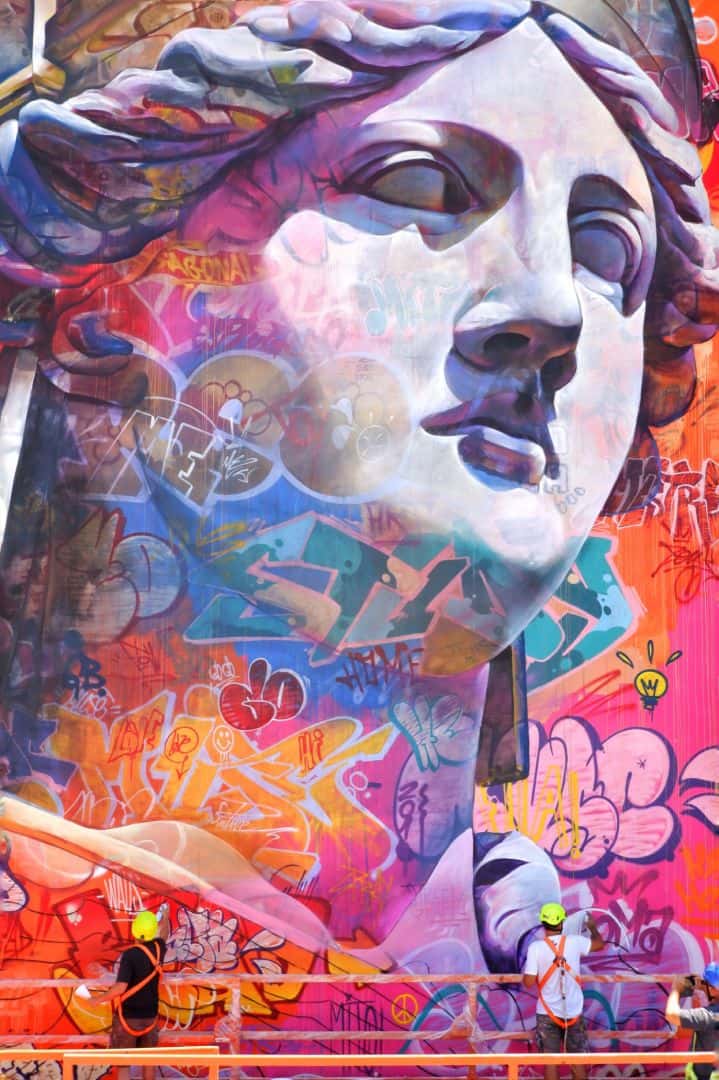


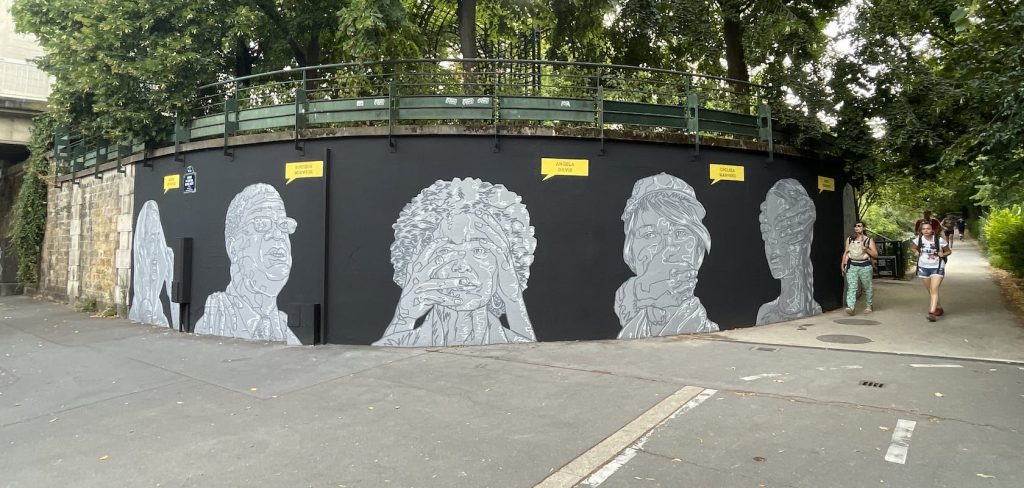
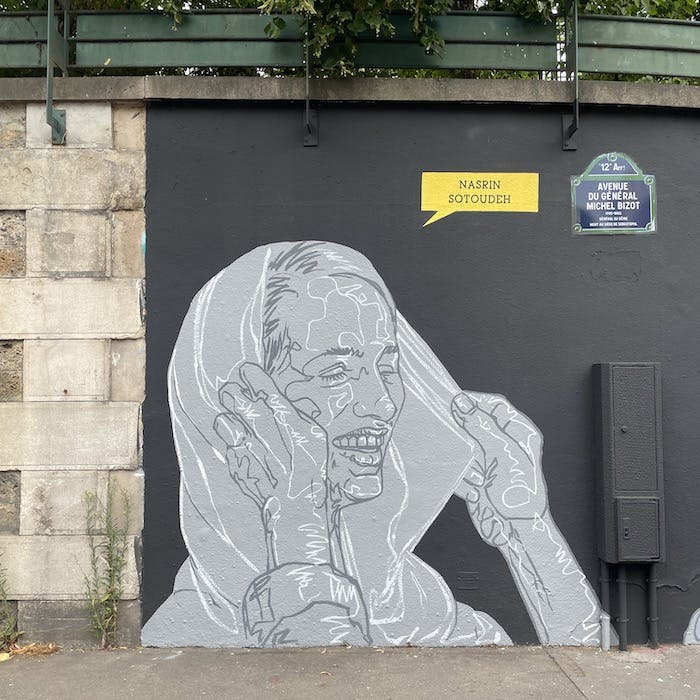
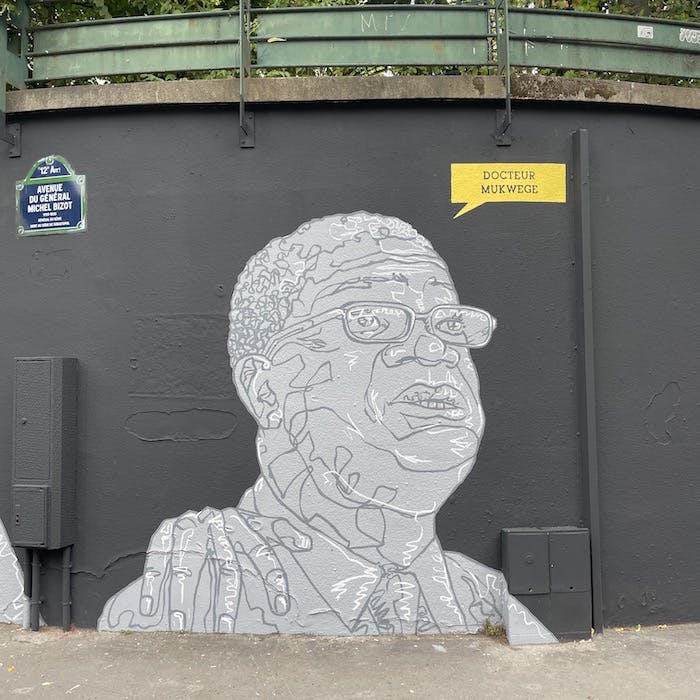
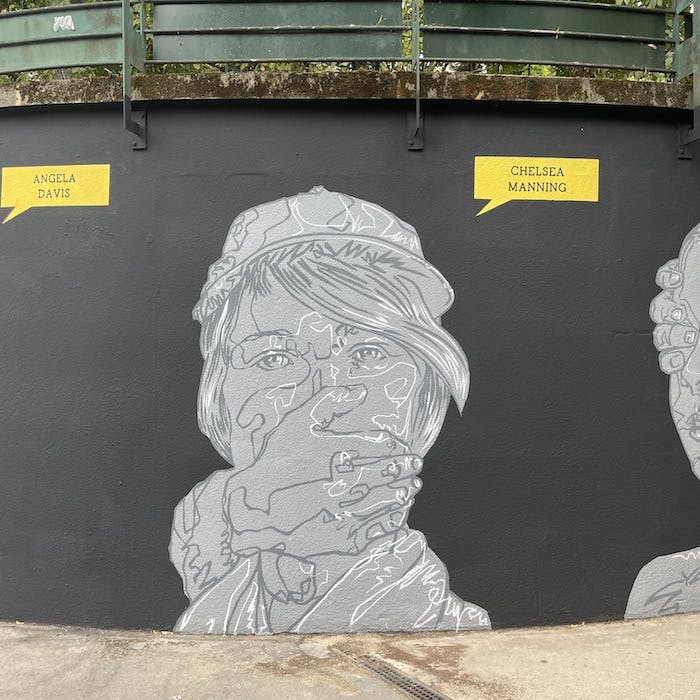
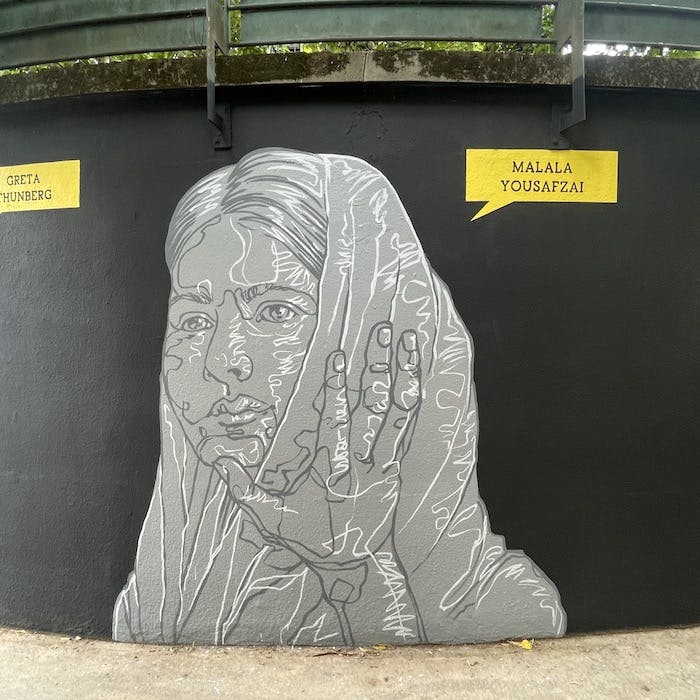
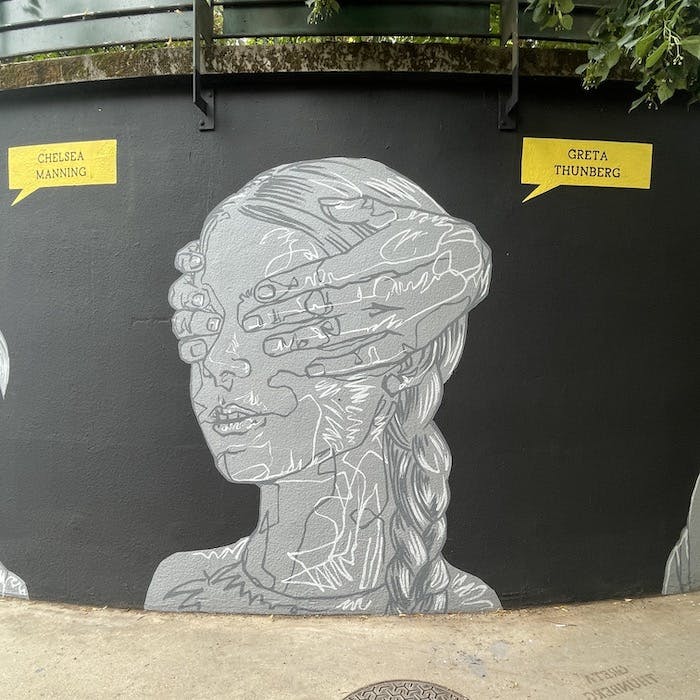
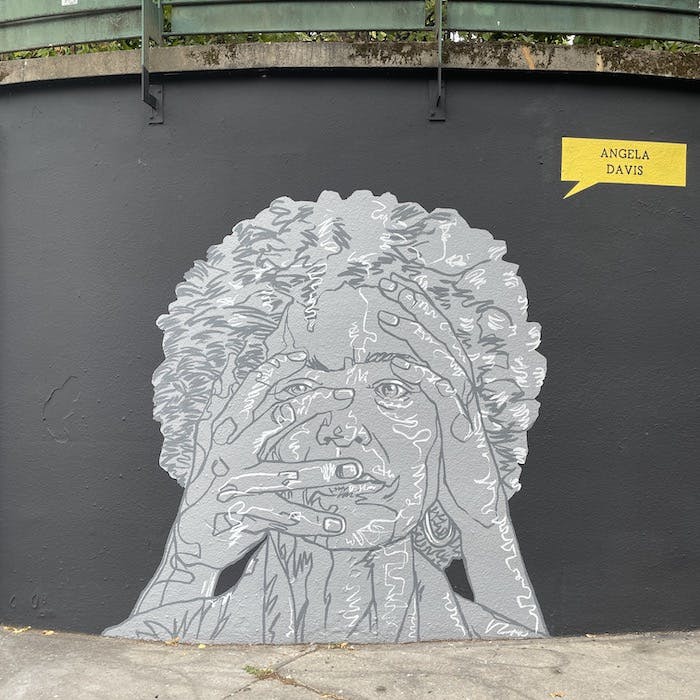

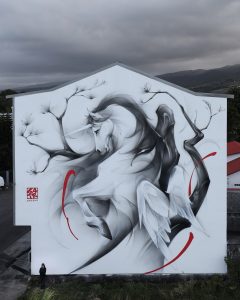
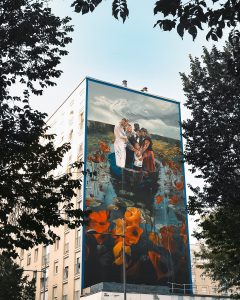
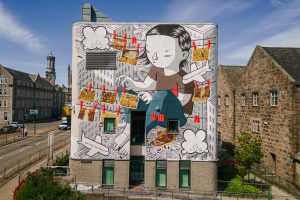
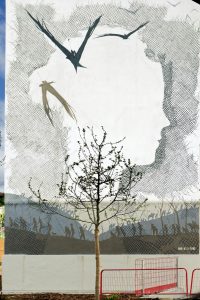
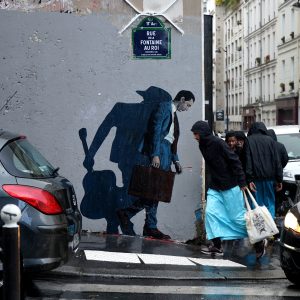
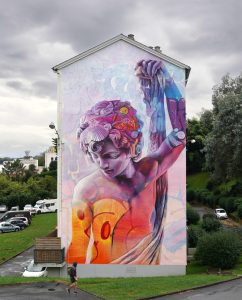
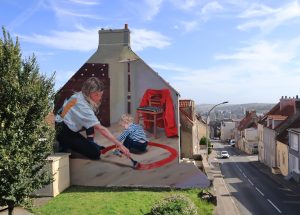
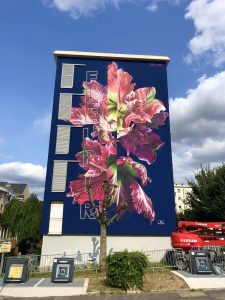
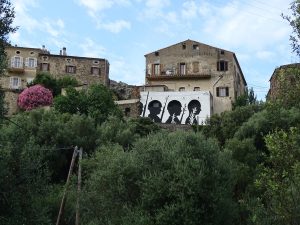
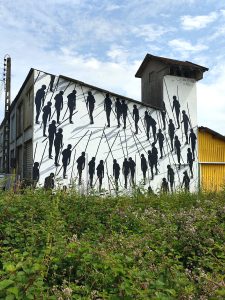


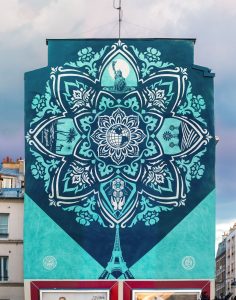
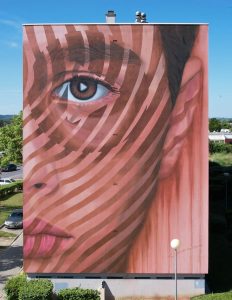

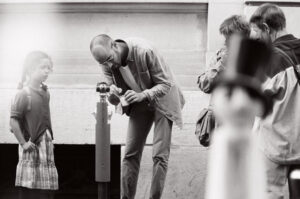
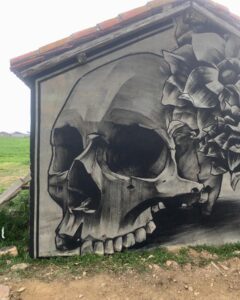

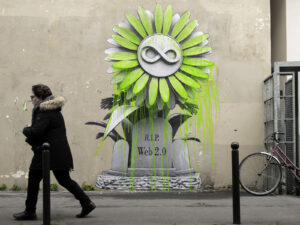
comment